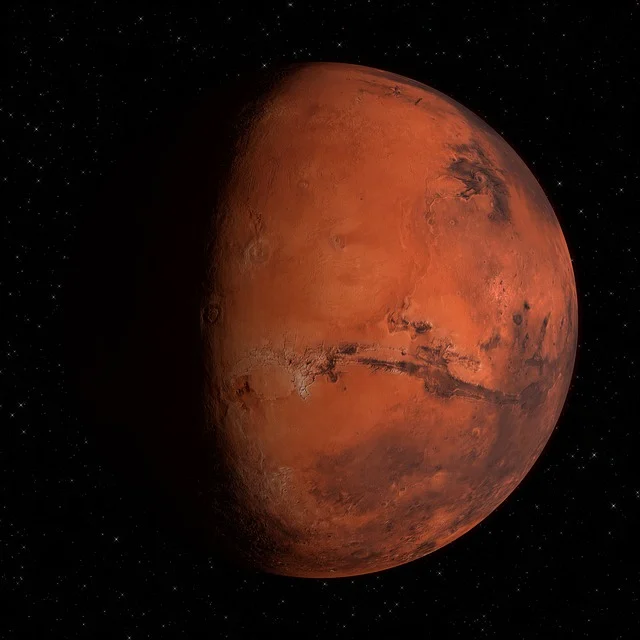Humanity’s dream of colonizing Mars symbolizes our quest for discovery and survival beyond Earth.
However, turning this vision into reality poses numerous challenges, from technological and environmental hurdles to ethical considerations. A sustainable Martian colony requires overcoming these obstacles through innovation, collaboration, and perseverance.
The Long Journey
Traveling to Mars is an arduous endeavor. The planet is about 225 million kilometers away, and a one-way trip takes 6–9 months. During this time, astronauts face prolonged microgravity, which causes muscle and bone deterioration. Furthermore, the journey exposes them to high levels of cosmic radiation due to the lack of Earth’s protective magnetosphere. Shielding spacecraft effectively and ensuring physical and mental health during the mission are critical challenges.
Mars’ Hostile Environment
Upon arrival, Mars presents an unforgiving environment. Its thin atmosphere is 95% carbon dioxide, providing no breathable air or protection from harmful solar radiation and meteoroid impacts. Temperatures fluctuate from -125°C at night to 20°C during the day in some regions, while massive dust storms can last weeks, disrupting operations and reducing solar power. Building habitats that can withstand these extremes while maintaining stable living conditions is vital for survival.

Sustaining Life on Mars
Transporting resources like water, oxygen, and food from Earth to Mars is impractical for long-term habitation. Innovative solutions are needed to generate these essentials locally. For example, water can be extracted from ice or soil, oxygen can be produced through electrolysis of atmospheric CO2, and hydroponic systems can enable food cultivation. While promising, these technologies require extensive testing under Martian conditions to ensure reliability.

Mental and Social Challenges
Mars colonists will face isolation, confinement, and delayed communication with Earth, which takes up to 22 minutes round-trip. These factors could lead to psychological stress, loneliness, and team conflicts. Preparing for these challenges involves rigorous training, developing coping strategies, and designing habitats that support mental well-being.
Ethical and Planetary Concerns
The prospect of colonizing Mars raises ethical questions about the potential contamination of its environment. If microbial life exists on the planet, human activity could jeopardize its survival or scientific study. Furthermore, the massive financial investment required for such missions often sparks debates about prioritizing space exploration over solving Earth’s pressing issues. Balancing exploration with ethical and societal responsibilities is crucial.
Progress and Hope
Despite the challenges, significant progress is being made. NASA, SpaceX, and other organizations are developing reusable rockets, advanced habitats, and autonomous technologies to support Mars missions. Plans for lunar bases and asteroid missions are seen as stepping stones toward establishing a presence on Mars.
Colonizing Mars is not just about survival but also about pushing the boundaries of human potential. Overcoming these challenges will require global cooperation, relentless innovation, and a shared vision for humanity’s future among the stars. While daunting, the dream of calling the Red Planet home continues to inspire progress, offering hope for a new chapter in our story. Overcoming these obstacles will require global cooperation, innovation, and perseverance, ensuring that humanity can one day call the Red Planet home.


You must be logged in to post a comment.